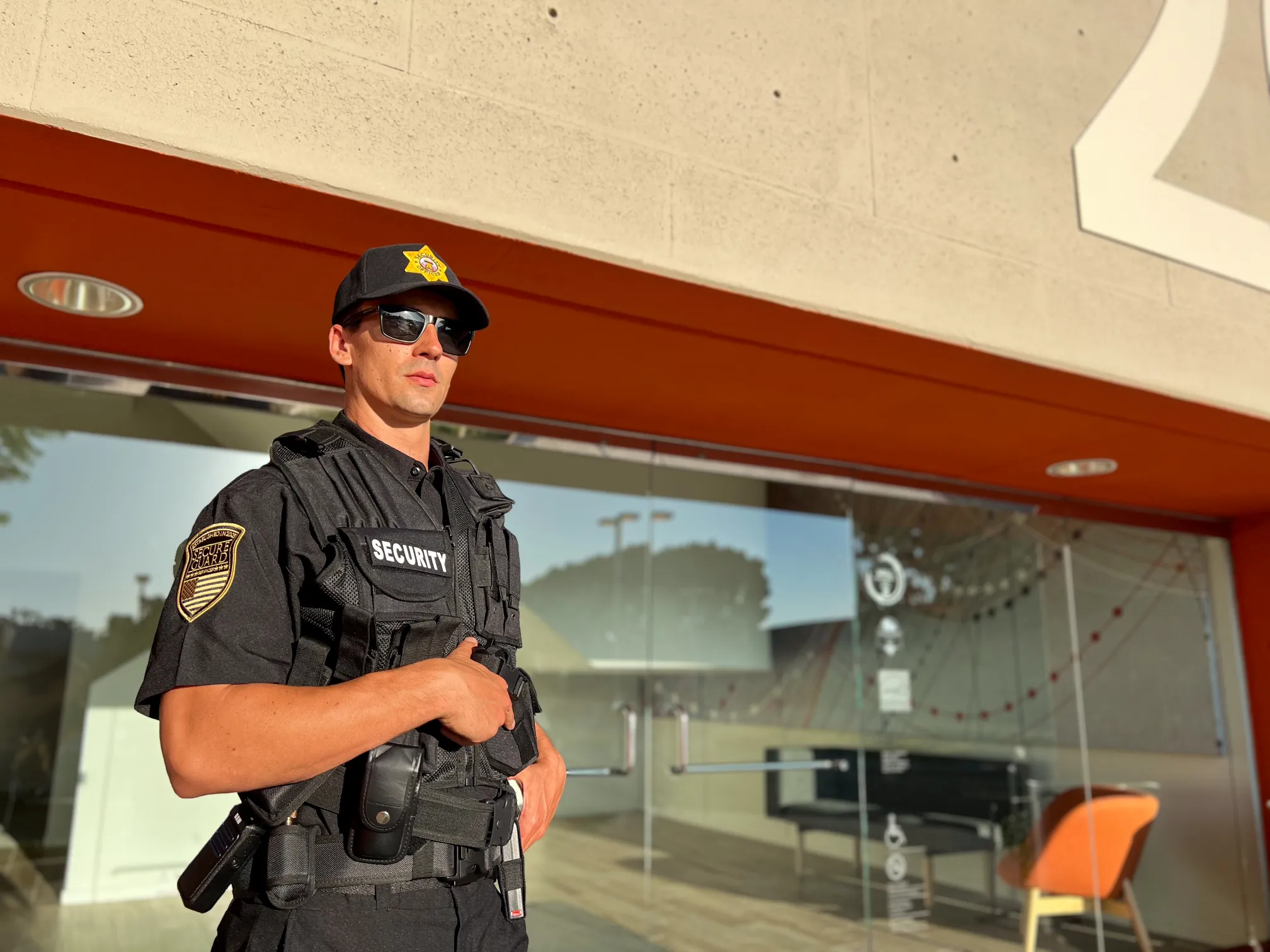In an ever-evolving world, where safety and security are paramount concerns, the role of security guards has become increasingly vital. These dedicated professionals serve as the first line of defense in protecting people and property from potential threats. Understanding their capabilities and limitations is crucial, both for those who employ security personnel and for the general public. In this comprehensive guide, we delve into the responsibilities, abilities, and constraints of security guards, shedding light on what they can and cannot do to ensure safety and maintain order.
The Key Responsibilities of Security Guards
Security guards play a multifaceted role in safeguarding various establishments and individuals. Here are some of the key responsibilities that security personnel commonly undertake:
1. Deterrence of Criminal Activity
One of the primary roles of a security guard is to deter criminal activity through their presence alone. Their uniformed presence sends a clear message that security is a top priority, dissuading potential wrongdoers from engaging in unlawful activities on the premises.
2. Access Control
Security guards are responsible for controlling access to a specific area or property. They ensure that only authorized individuals enter the premises, which is essential for maintaining safety and confidentiality.
3. Surveillance and Monitoring
Utilizing advanced surveillance equipment, security guards continuously monitor their surroundings. This includes keeping an eye on security cameras, conducting regular patrols, and inspecting suspicious activities or individuals.
4. Emergency Response
In the event of an emergency, security guards are often the first responders. They are trained to handle various emergency situations, such as fires, medical incidents, and security breaches, ensuring a swift and effective response.
5. Customer Service
While security guards primarily focus on security, they also provide customer service. They assist visitors, answer questions, and provide directions, creating a welcoming and secure environment.
What Security Guards Can’t Do
While security guards possess a range of responsibilities, there are certain limitations to their authority and actions. Understanding these limitations is crucial to avoid legal complications and ethical dilemmas. Here are some things that security guards cannot do:
1. Law Enforcement
Security guards are not law enforcement officers. They do not have the same legal authority as police officers, and they cannot make arrests. Their role is to observe, report, and, if necessary, contact the appropriate authorities.
2. Use Excessive Force
Security guards are trained to use force only when absolutely necessary and in self-defense or defense of others. Using excessive force is not only ethically wrong but also illegal.
3. Interrogate or Detain Indefinitely
While security guards can detain individuals briefly if they suspect wrongdoing, they cannot hold them indefinitely. Detentions should be brief and only until law enforcement arrives.
4. Violate Privacy
Security guards must respect individuals’ privacy rights. They cannot conduct searches or surveillance without proper consent or legal authority.
5. Make Legal Decisions
Security guards are not authorized to make legal judgments or decisions. They should avoid giving legal advice and leave legal matters to the appropriate authorities.
Training and Licensing
To ensure that security guards are well-prepared for their roles and responsibilities, they undergo rigorous training and must obtain the necessary licenses and certifications. This training covers a wide range of topics, including:
- Conflict Resolution: Security guards are trained to defuse tense situations peacefully and professionally.
- Emergency Response: They learn how to respond to fires, medical emergencies, and other critical situations.
- Legal Principles: Guards are educated on the legal boundaries of their role and responsibilities.
- Ethics and Professionalism: Upholding high ethical standards and professionalism is emphasized.
Conclusion
Security guards are essential contributors to our collective safety and security. They provide a reassuring presence, deter criminal activity, and respond effectively in emergencies. However, it’s vital to recognize their limitations and ensure that they operate within the boundaries of the law and ethical guidelines.
By understanding what security guards can and cannot do, we can foster a safer environment for everyone. Employing well-trained and responsible security personnel is an investment in the safety and well-being of individuals and properties alike.


